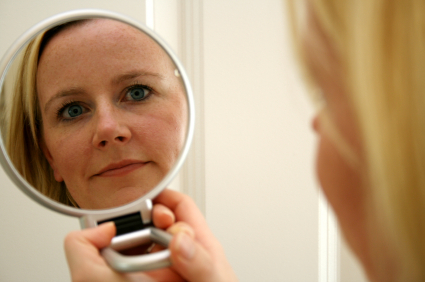One of the most challenging and rewarding aspects of returning to school is that I have the opportunity to gain a deeper insight into my clinical approach. Into why I do what I do. My theoretical framework.
There has not been a single “eureka!” moment. It’s more like an unfolding process, an evolving awareness of beliefs I have had, but have not necessarily been conscious of or been able to articulate.
So what is my approach? It’s largely developmental. I am a developmental music therapist.
This framework is largely based on my personal and professional belief that we continue to evolve, to grow, to learn, and to develop. I have traditionally considered “development” to apply mostly to children…and I have a feeling that I am not alone. But development happens across the lifespan, from the neurodevelopment that happens in utero as the neural tubes fold over and the central nervous system starts to —literally—take shape to the evolving cognitive, emotional, and spiritual development that continues to evolve as we age.
This is an approach that mirrors what I know about brain and behavior function, about plasticity and about how our experiences continue to change and shape the structure and function of our brain as we age.
It’s an approach that mirrors what I learned when working in rehabilitation about how we can re-wire our brain to gain as much functionality as possible when a system—motor, speech, cognitive, or otherwise—is broken.
It’s an approach that mirrors what I learned about preventive care, about the importance and power of providing enriching experiences and developmentally-appropriate therapies to try and counter the effects of early adverse experiences—poverty, neglect, abuse, disability, premature births, etc.
It’s an approach that mirrors my growing understanding of student development and how I can work to support and facilitate the learning trajectories of the music therapy students and interns I work with.
And it’s an approach that mirrors my own personal life as I reflect on the experiences and knowledge I have acquired and marvel about what is to come.
So at this point in time, with what I know now, I consider myself a developmental music therapist. Whether drawing from the psychological, spiritual, medical, rehabilitation, or neuroscience literature, my clinical approach is grounded in the belief that we and the students, clients, and families we work with are continually learning, evolving, and developing.
And if that changes as my knowledge base grows? Well then…I’ll let you know.



 orcid.org/0000-0001-8665-1493
orcid.org/0000-0001-8665-1493






{ 2 comments… read them below or add one }
Kimberly- I loved reading this post! Your approach roots in a core essence which we all therapists should keep in mind as always: empathy.
I miss going to school for the reasons you just said, though I am fortunate to have some access to the college campus close by 🙂
I’m so happy for you, Kimberly, that you’re having an ongoing opportunity to ponder your work in deeper and even more meaningful ways. I think it’s this process of reflecting on our work and questioning and dialoguing that helps us gain an even greater appreciation of music therapy and innoculates us against burnout.
I don’t specifically consider myself a developmental music therapist, but I think being aware of developmental processes is fundamental to understanding clients of all ages. Looking forward to reading more about your learning journey!
You must log in to post a comment.